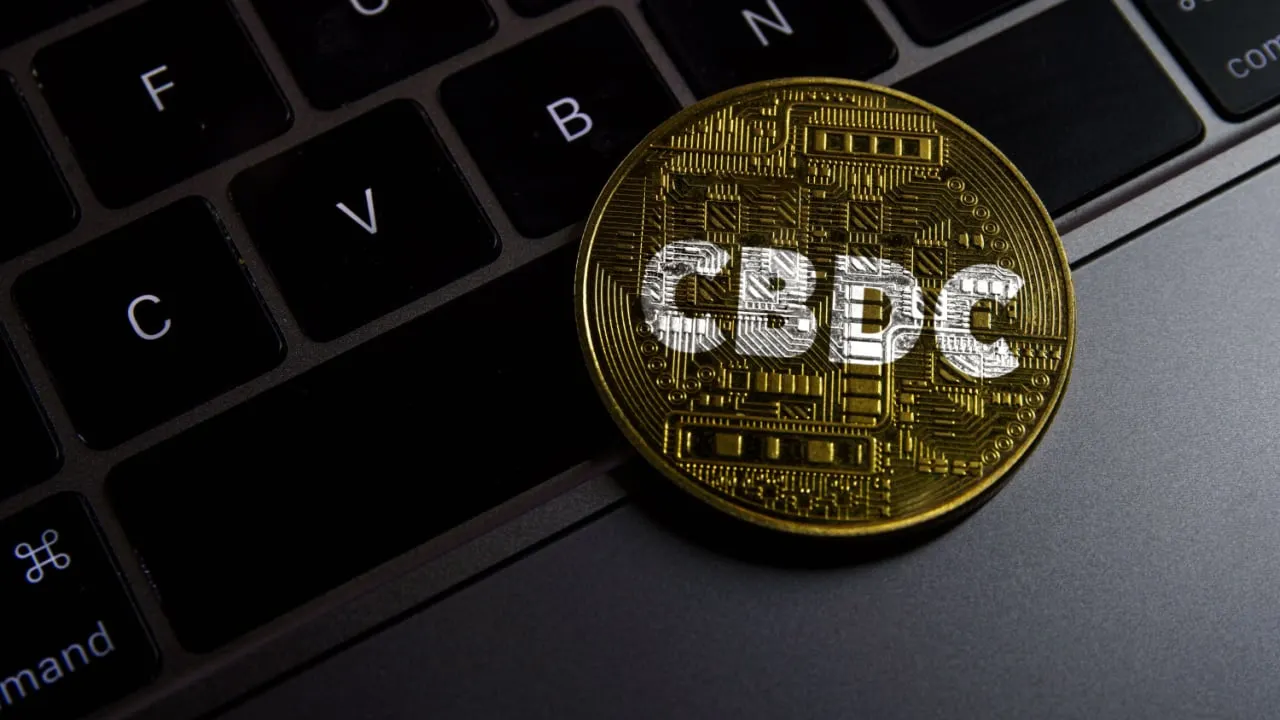During Thursday's Senate confirmation hearing, President-elect Donald Trump's Treasury Secretary nominee, Scott Bessent, rejected the need for a U.S. central bank digital currency (CBDC), assuaging concerns some crypto observers have long held.
"I see no reason for the U.S. to have a central bank digital currency," Bessent told the Senate Finance Committee. "In my mind, a central bank digital currency is for countries who have no other investment alternatives."
Bessent's statements mark a sharp departure from how various federal agencies have explored the prospects of a central bank-issued digital dollar.
If Bessent is confirmed as Treasury Secretary when Trump is sworn into office on January 20, a potential reversal of the federal government's CBDC research initiatives could be in play.
Bessent's statements at the Senate confirmation hearing align with Trump's promise, made exactly a year ago, to "never allow" a U.S. CBDC if reelected. Trump nominated Bessent in November last year.
The position espoused by Bessent also aligns with broader Republican opposition to CBDCs.
In May 2024, the House passed the Anti-Surveillance State Act, which would restrict Federal Reserve banks from issuing digital currencies directly or indirectly.
Sovereign money, national interest
Central bank digital currencies or CBDCs are digital versions of a nation or state's fiat currency. CDBCs have been explored for years in the U.S. Two types currently exist: one for retail, designed for the general public, and wholesale CBDCs meant to facilitate interbank transactions.
Bessent's comments come as 134 countries, representing 98% of global GDP, are exploring CBDCs, according to Atlantic Council data. This includes major economies like China, which has already tested its digital yuan at events like the 2022 Olympics held in Beijing.
In March 2022, President Biden issued an executive order for the "responsible development" of digital assets, citing how global monetary authorities are "exploring, and in some cases introducing" CBDCs.
Janet Yellen, the current Treasury secretary and former chair of the Federal Reserve, supports the idea of exploring CBDCs. In March last year, the Federal Reserve declared CBDCs as a "key duty" to Congress.
Several years after their inception, central bank digital currencies (CBDCs) have faced widespread criticism from the crypto community, arguing they could amplify government surveillance.
In 2023, Ethereum co-founder Vitalik Buterin said in an interview with CNBC that CBDCs were something he "had somewhat more hope [on], probably, naively, five years ago," citing the transparency and verifiability guarantees that CDBCs were designed to have.
Nothing new
The Federal Reserve has been studying CBDC implementation since 2021, releasing a detailed report in 2022 examining potential benefits and risks.
However, Fed Chair Jerome Powell has maintained that any digital dollar would require congressional approval, noting in August last year that there was "nothing new" to CBDCs.
"Some of them are actually seriously looking at implementing a CBDC," Powell said at the time. "We're really not."
Edited by Sebastian Sinclair

